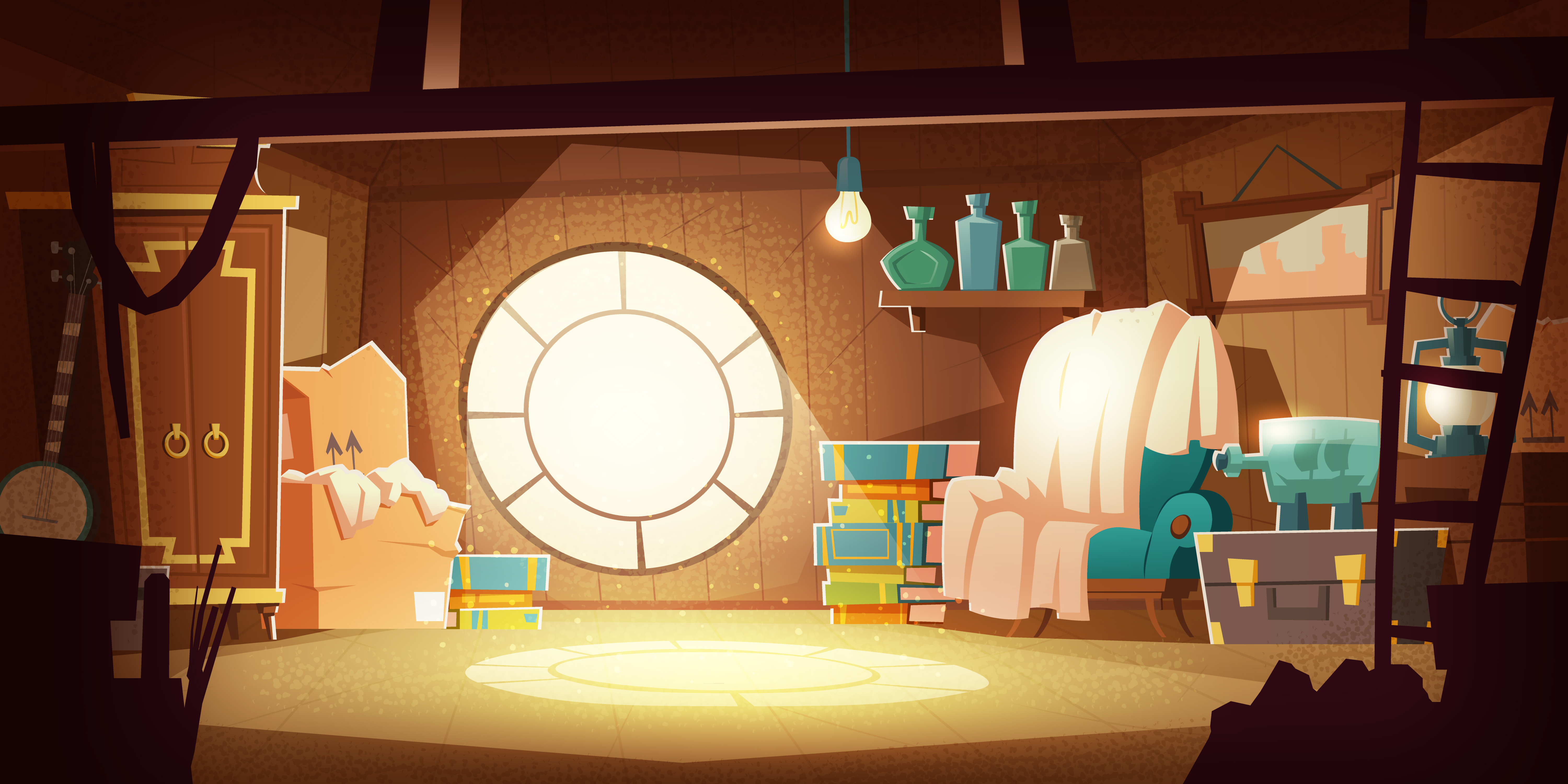June 15, 2021
MY BODY IS THE BOSS

Photo by Deniz Altindas on Unsplash - Image by @upklyak on freepik
The body is our terrestrial vehicle : we occupy it, drag it everywhere and brave the obstacles on board. Yet we tend to forget it or ask too much of it...
- The maintenance -
Very often we forget (or place it as a last resort) to take care of our body, to listen to it and let it rest. And this despite the fact that spare parts (transplantations) for this vehicle are limited and that we are not immune to overheating (burn-out) or suffering damage on the road (illness, injuries, depression, etc.).
Without being hypochondriacs, we must pay attention to the signals that our body sends (fatigue, tension, pain, etc.) and respond appropriately. We should also be careful not to systematically choose the patch option, claiming that it is only a scratch (even the tiniest signals can hide major ailments). Therefore, let's check what it is, before acting on it.
- The mechanic -
Let's face it, being in good health is a gift, which we are not all privileged to receive at birth. We must preserve and maintain this health capital for as long as possible.
When a machine breaks down, all we have to do is to replace some parts or replace it altogether. But us, we do not tolerate all the potentially spare parts (if they are available), we are unique and irreplaceable, therefore let's watch the purr of our engine and the proper running of our cogs. Our body is an admirable machine, and despite some imperfections, it is capable of great autonomy : to heal, to regenerate and to push back limits.
- The matrix -
Our nervous system functions like a computer (a central unit) and just like the latter, if it receives too many requests (simultaneously or not) : it loops and sometimes crashes (blue screen). The same goes for us, if we are overstretched or want to overdo it, our nervous system will suffer and this will have repercussions on all our other operating systems (circulatory, digestive, endocrine, immune, muscular, reproductive, respiratory, skeletal, integumentary, urinary).
Just like electronic devices on batteries, our body needs to reload. Unfortunately, for us it is not as simple as putting ourselves on the mains. So let's take breaks, rest and sleep. Also unlike electronic devices, we cannot allow our battery to be completely empty before recharging, which is why we must learn to listen to our body.
- The road holding -
We need to grow, to evolve, to flourish. We are not replaceable machines or pawns. We cannot let our work or lack of work define us, we should rather choose to do so through projects that are close to our hearts.
Daily, let's give our body and our person attention and affection (let's love ourselves!). And if our perfectionism comes to infuse us with derogatory and unpleasant messages, let's hear them and sort them out, but let's not forget that we are not obliged to follow their indications.
Just as we clean our homes, do our laundry and do our dishes, we must free up space for our energies and for ourselves. Let's do this by cleansing our body and soul (exercises, meditation, walks, etc.). And making sure we isolate/get rid of encrusted stains and weeds, such as habits and people who harm us (it is sometimes difficult to identify them and detach ourselves from them, but our outer and inner spaces will only get better off).
- Let’s hit the road -
To start taking care of ourselves, we need to figure out what's best for us. Here are some of the most popular ideas :
Conclusions
Every day builds new forms of expression of our feelings and our needs, but our body remains the boss. It suggests when to activate and when to pamper. It constantly gives us indicators on the food it wants, the places that suit us, the people who correspond to us or who will allow us to grow and flourish. It also warns us of what we don't always want to see around us : the people we need to be wary of, protect ourselves from and/or distance ourselves from. It shows us the way and who we are among the crowd. So let's take care of it!
What do you think?
